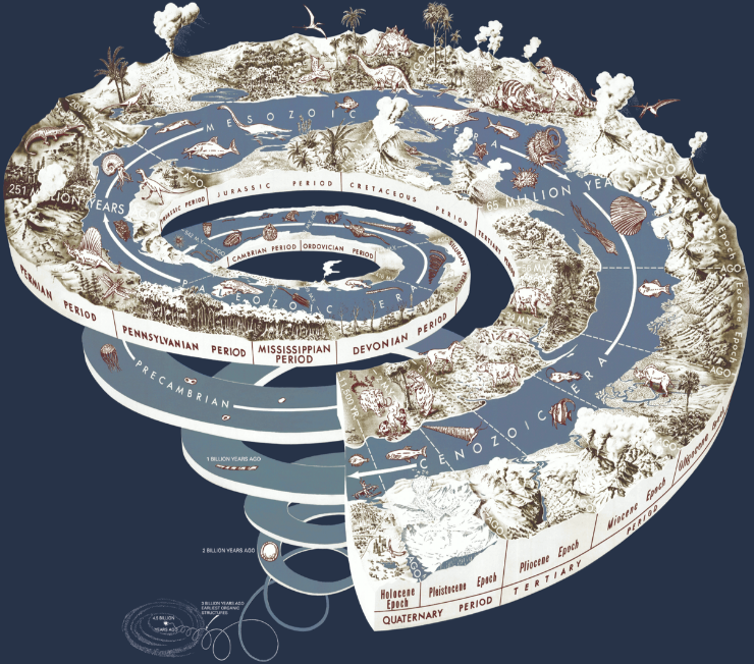Are we really living in a new chapter in Earth's history - the 'Meghalayan' age?

Are we really living in the Meghalayan Age, a new chapter in the history of mankind?
It’s become a controversial question.
Earlier this year, the International Commission on Stratigraphy (ICS) classified the past 4,200 years as a distinct age – the Meghalayan – which began with a huge drought that disrupted civilisations in Egypt, Syria and China.
But some geologists now disagree, with archaeologist Guy Middleton of the Czech Institute of Egyptology at Charles University saying there’s not enough evidence.
READ MORE FROM YAHOO NEWS UK:
James Bulger killer Jon Venables ‘applies to be allowed home for Christmas’
Girl who died after eating Pret baguette’s last words as she struggled for breath
Police officers deliver baby after mum-to-be goes into labour on London high street
‘Serious disruption to food supplies’ after no-deal Brexit, government advice reveals
Parts of England ready for Indian summer as temperatures could hit 22c
Middleton writes, ‘The environmental and climatic determinism behind the megadrought collapse narrative fails to account for specific historical circumstances, the power of human agency to drive substantial change, and the translation of environmental factors into cultural and sociopolitical contexts.
‘Current evidence, therefore, casts doubt on the utility of 2200 BCE as a meaningful beginning to a new age in human terms, whether there was a megadrought or not.’
The International Commission on Stratigraphy approved proposals for two other ages: the Middle Holocene Northgrippian Age and the Early Holocene Greenlandian Age with beginnings defined at climatic events that happened about 8,300 years and 11,700 years ago, respectively.
The three ages comprise the Holocene Epoch, which represents the time since the end of the last Ice Age.
The researchers say, ‘Agricultural-based societies that developed in several regions after the end of the last Ice Age were impacted severely by the 200-year climatic event that resulted in the collapse of civilizations and human migrations in Egypt, Greece, Syria, Palestine, Mesopotamia, the Indus Valley, and the Yangtze River Valley.
‘Evidence of the 4.2 kiloyear climatic event has been found on all seven continents.’

 Yahoo News
Yahoo News 

